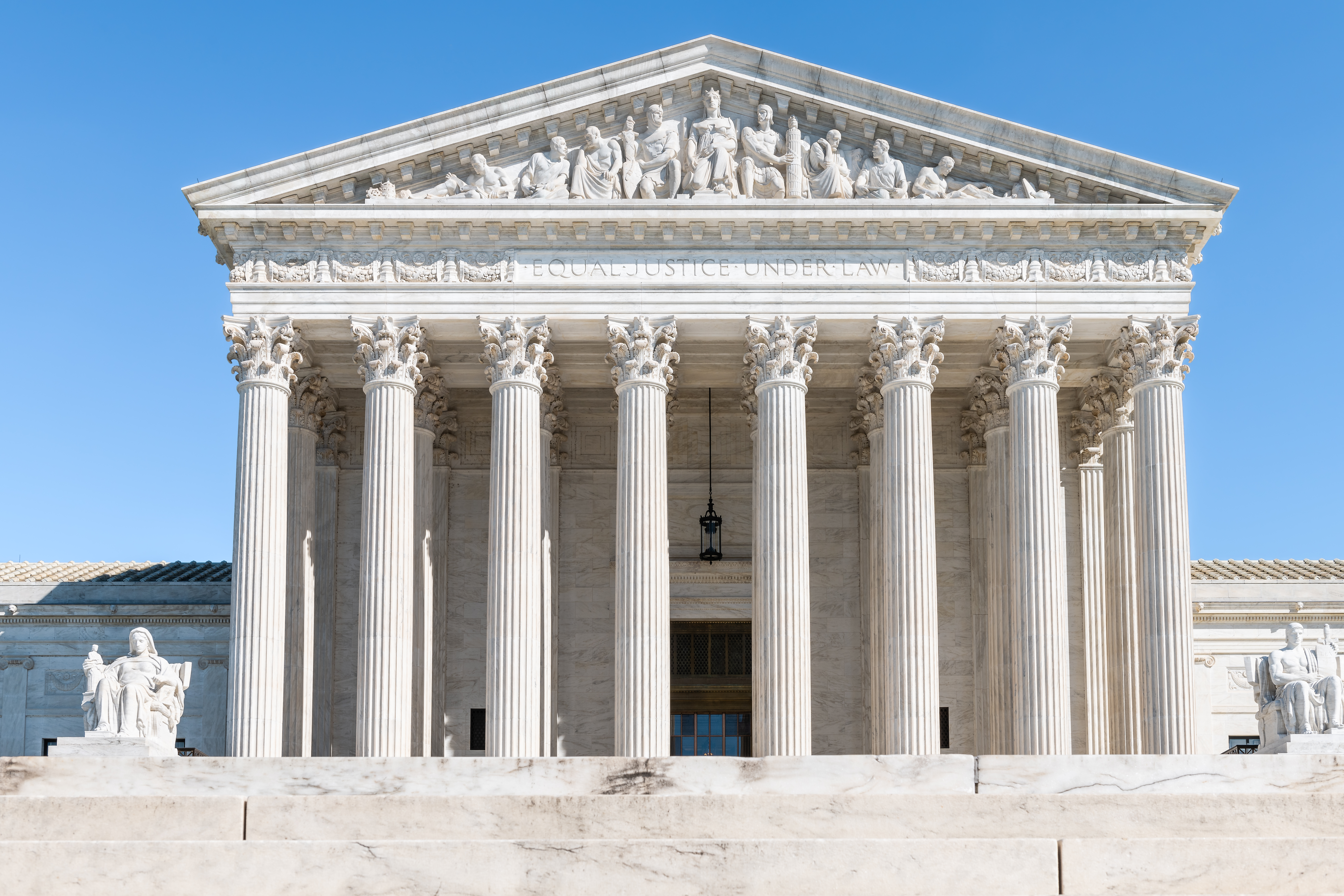‘Stairway’ Case Has Music Industry Calling for Copyright Balance
This week, in a closely watched appeal of a critical music copyright case, music industry representatives filed a brief that sings a somewhat unexpected tune, calling on the Ninth Circuit Court of Appeals to acknowledge the competing goals inherent in copyright law. While public interest and technology stakeholders often note the importance of balancing objectives in the administration of copyright, one doesn’t always hear it from the former.
Law360’s Bill Donahue reports that the Recording Industry Association of America (RIAA) and National Music Publishers Association (NMPA), represented by Prof. Eugene Volokh, have filed a brief in the ongoing litigation over the similarity between the iconic introduction to the 1971 Led Zeppelin song ‘Stairway to Heaven’ and the 1968 Spirit song ‘Taurus.’
The RIAA/NMPA brief was in support of en banc rehearing of the Ninth Circuit’s September ruling, in which the court had vacated the district court’s ruling that the songs were not similar enough to constitute infringement, and ordered a new trial.
According to the RIAA/NMPA brief, copyright law must
“carefully calibrate and balance its rules to prevent both over- and underprotection. Composers’ intellectual property must be protected, but new songs incorporating new artistic expression influenced by unprotected, pre-existing thematic ideas must also be allowed. The panel opinion badly overprotects[.]”.[1] (emphasis in original)
The brief describes familiar elements in musical compositions, including “sequences of three notes, motifs, standard rhythmic passages, arpeggios, chromatic scales, and the like,” noting that “[t]he universe of notes and scales is sharply limited.” They conclude:
“Authors, including composers, must and should use unprotectable elements created by those creators coming before them.”
DisCo has previously covered allegations of copyright infringement over similar sounding music including ‘Blurred Lines’ [1] [2]; these “familiar riff” cases are a perennial issue for the music industry, as can be seen from this extensive database of music copyright infringement cases (although ‘Stairway to Heaven’ has not yet been added).
It is encouraging to see the RIAA and NMPA recognizing that copyright balance and limits to copyright protection, in addition to protection itself, are critical to artists and creativity. With a limited number of notes and musical elements, it is essential that musicians can build upon what comes before. As the Ninth Circuit wrestles with precisely this issue, its decision is likely to reverberate across the creative economy.
[1]This excerpt recalls another Ninth Circuit copyright case where rehearing en banc was sought, White v. Samsung:
“Overprotecting intellectual property is as harmful as underprotecting it. Creativity is impossible without a rich public domain. Nothing today, likely nothing since we tamed fire, is genuinely new: Culture, like science and technology, grows by accretion, each new creator building on the works of those who came before. Overprotection stifles the very creative forces it’s supposed to nurture.”








